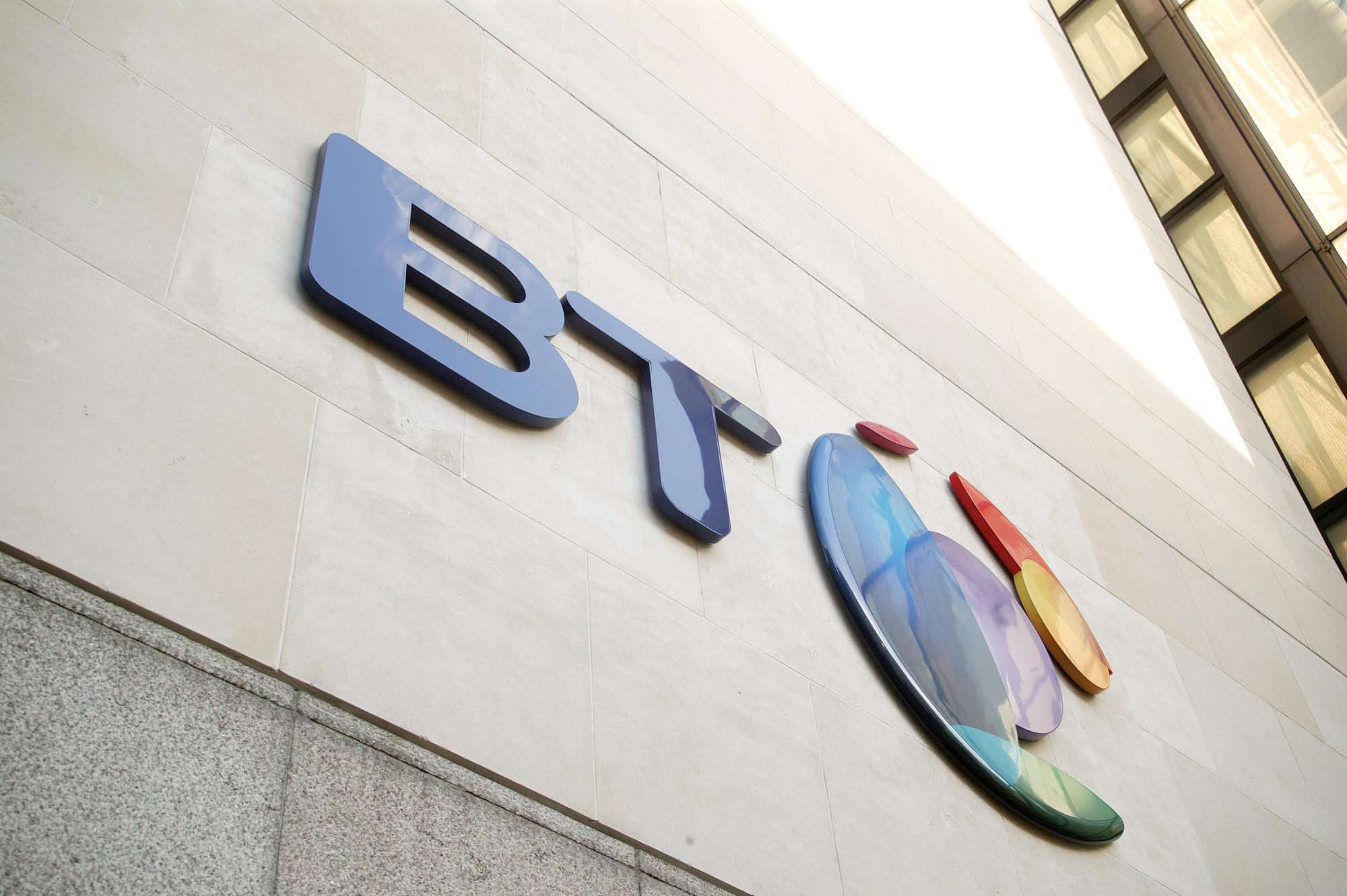UK defined benefit (DB) pension schemes still have sufficient assets on average to reach buyout, despite falls in long-term gilt yields increasing the estimated buyout cost over March, analysis from PwC has revealed.
The PwC Buyout Index recorded a surplus of £120bn in March, as the drop in gilt yields triggered a £40bn reduction on the previous month.
In addition to this, PwC's Low Reliance Index, which assumes schemes invest in low-risk, income-generating assets like bonds, continued to show a "sizable surplus" of £290bn.
Commenting on the update, PwC head of pensions funding and transformation, John Dunn, argued that the resilience of the UK’s DB pension schemes is of "vital importance", stating that despite market turbulence in March, DB schemes remain well funded and have a healthy surplus buffer.
Looking further ahead, Dunn also revealed that, when considering all DB schemes in aggregate, using either PwC’s Low Reliance or Buyout index, there is currently sufficient surplus to absorb the sort of negative event that might occur one year out of six.
"Of course, a one-in-six year stress isn’t that rare when you consider the long-term nature of pension scheme obligations that will run off over many decades, and this is only the minimum level of stress testing the UK Pensions Regulator is suggesting that trustees conduct." he added.
PwC pensions actuary, Laura Treece, also pointed out that this kind of stress testing analysis is something that many trustees and pension scheme sponsors will already be considering to help them understand their resilience to market shocks.
She continued: "In practice, we find that many schemes calibrate their models to the level of a more severe one-in-20-year stress scenario. Even under this higher level of stress, many trustees might find that their schemes remain in surplus.
“Ultimately, the more resilient a pension scheme’s funding and investment strategy is, the more secure members’ benefits should be and the less reliance the pension scheme will have on the sponsor for further support.
"Whether the pension scheme is in surplus or not, we encourage trustees and sponsors to understand the impact of various levels of stress - not just on the pension scheme, but also on the sponsor’s ability to make good any shortfall in these scenarios.”
Latest News
-
OBR analysis reveals potential impact of salary sacrifice changes
-
Strong funding levels continue as endgame landscape reshaped by innovation
-
Harwich Haven Authority Pension Fund finalises £45m buy-in with Royal London
-
GAD publishes LGPS gender pension gap reporting guidance
-
DB scheme funding levels continue to improve heading into 2026
-
News in brief - 6 February 2026
Private markets – a growing presence within UK DC
Laura Blows discusses the role of private market investment within DC schemes with Aviva Director of Investments, Maiyuresh Rajah
The DB pension landscape
Pensions Age speaks to BlackRock managing director and head of its DB relationship management team, Andrew Reid, about the DB pensions landscape
Podcast: From pension pot to flexible income for life

Podcast: Who matters most in pensions?

In the latest Pensions Age podcast, Francesca Fabrizi speaks to Capita Pension Solutions global practice leader & chief revenue officer, Stuart Heatley, about who matters most in pensions and how to best meet their needs
© 2019 Perspective Publishing Privacy & Cookies











Recent Stories